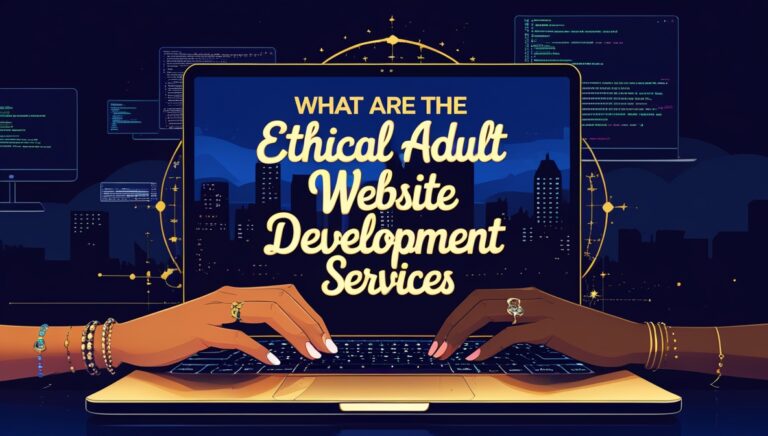
In today’s digital age, technology has become the backbone of modern business operations. Whether it’s improving customer experience, automating tasks, or managing data more efficiently, businesses of all sizes are turning to tech solutions to stay competitive. From intelligent chatbots to embedded systems, innovation is reshaping industries at an unprecedented pace. This article explores how various technologies are transforming business workflows and what it means for future growth.
Smart Automation for Improved Efficiency
One of the most notable advancements in the business world is automation. Tasks that were once manual, repetitive, and time-consuming are now handled by intelligent systems. From simple data entry to complex inventory management, automation saves time, reduces errors, and lowers operational costs.
Robotic Process Automation (RPA), machine learning algorithms, and artificial intelligence (AI) are at the heart of these changes. These tools help businesses analyze large datasets, predict outcomes, and make smarter decisions. For instance, financial institutions use AI to detect fraud, while retailers rely on automation for real-time inventory tracking.
The Rise of Chatbots in Customer Service
Another transformative tool is the use of chatbots. These AI-powered assistants have changed how businesses interact with their customers. Chatbots can handle multiple queries simultaneously, respond instantly, and are available 24/7—enhancing customer satisfaction and reducing the workload on human support agents.
Modern chatbot development services go beyond basic FAQ bots. Today’s advanced chatbots can understand natural language, provide personalized recommendations, and even integrate with CRM systems to fetch customer data. As a result, companies are using them not just for support, but also for sales and lead generation.
Cloud Computing for Flexibility and Scalability
Cloud technology has made it easier than ever for businesses to scale operations without heavy infrastructure costs. By moving applications and data to the cloud, companies can access their resources anytime, from anywhere. This flexibility is especially important in the era of remote work.
Cloud platforms like AWS, Microsoft Azure, and Google Cloud offer tools for data storage, machine learning, app hosting, and more. With pay-as-you-go pricing models, even startups can afford high-end computing power that was once available only to large enterprises.
Data Analytics: Driving Smarter Decisions
Data is often called the “new oil” because of its immense value in shaping business strategies. Through advanced analytics tools, companies can collect, process, and interpret large amounts of data to gain actionable insights.
Whether it’s analyzing customer behavior, tracking sales trends, or predicting market shifts, data analytics helps businesses make informed decisions. Tools like Google Analytics, Tableau, and Power BI are widely used across industries for reporting and visualization.
Cybersecurity: Protecting Digital Assets
As businesses become more tech-dependent, cybersecurity becomes a top priority. Data breaches, phishing attacks, and ransomware can lead to financial losses and damage a company’s reputation. Therefore, investing in strong security practices is crucial.
Modern cybersecurity solutions use AI to detect threats in real-time, monitor unusual activity, and secure endpoints. Companies are also training employees to follow best practices such as using strong passwords, enabling two-factor authentication, and avoiding suspicious emails.
Embedded Technology in Everyday Business
Embedded systems are another critical technology driving innovation across industries. These are computing systems that are built into devices to perform dedicated functions—often in real-time. From smart thermostats in office buildings to IoT sensors in manufacturing units, embedded tech ensures smooth operations and real-time monitoring.
Embedded software development services are essential for companies building custom hardware devices or smart products. With the growing demand for Internet of Things (IoT) solutions, embedded software plays a vital role in enabling connectivity and intelligent behavior in devices like vending machines, wearables, and industrial robots.
The Future: AI, IoT, and 5G
Looking ahead, technologies like Artificial Intelligence (AI), the Internet of Things (IoT), and 5G connectivity will shape the next wave of business transformation. AI will enable smarter automation, IoT will increase device interconnectivity, and 5G will provide lightning-fast internet speeds for real-time communication.
These technologies will unlock new possibilities—like autonomous vehicles, smart cities, and predictive maintenance in industries. Companies that invest in these future technologies today will gain a competitive edge tomorrow.
Conclusion
Technology is no longer just an add-on for businesses—it’s a necessity. From improving operational efficiency to enhancing customer engagement, modern tech tools are transforming how businesses function. As technologies continue to evolve, staying up-to-date and embracing innovation will be key to long-term success.







